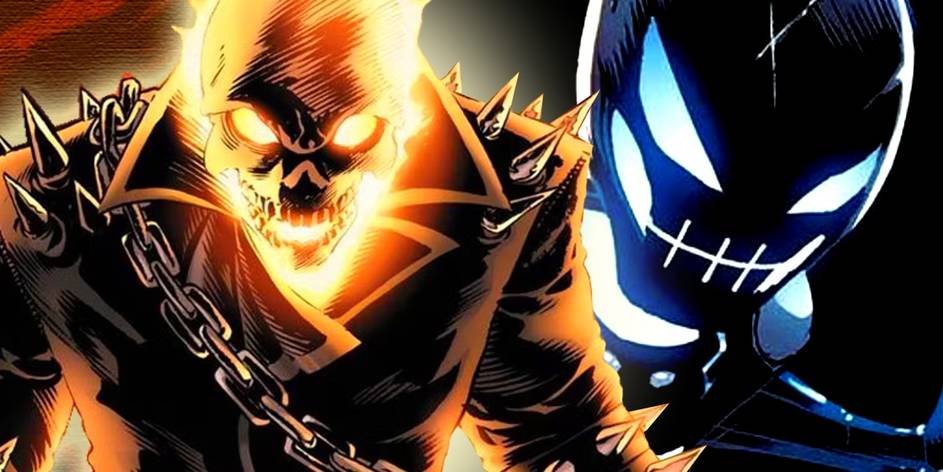Marvel’s “Ghost Rider” is one of the most iconic and enduring characters in the Marvel Universe, known for its fiery skull and supernatural vengeance. Over the years, multiple characters have taken on the mantle of the Ghost Rider, from Johnny Blaze to Robbie Reyes, each bringing their own unique twist to the role. Now, Marvel is introducing a new Ghost Rider who debuts a game-changing power that could redefine the character’s role in the universe and its narrative possibilities.
In this latest iteration, the new Ghost Rider possesses an ability that goes beyond the classic “Penance Stare” and hellfire manipulation. Traditionally, the Ghost Rider’s power has been rooted in exacting vengeance on wrongdoers, forcing them to relive the pain they’ve inflicted on others. However, this new version introduces a dynamic twist: the ability to manipulate memories and rewrite the emotional experiences of others, altering their perceptions of past trauma or guilt. This ability doesn’t just punish evildoers but can also redeem or rehabilitate them, depending on how it is used.
This new power opens up profound moral and ethical questions. Ghost Rider has historically been a character of brutal, uncompromising justice. The “Penance Stare,” for example, is a punishment that forces the guilty to experience the pain of their victims—a power rooted in pure retribution. However, the new ability to rewrite memories introduces a softer, more compassionate element to the character’s otherwise harsh approach to justice. It shifts the focus from punishment to rehabilitation, adding complexity to the age-old debate of justice versus mercy.
The introduction of memory manipulation also presents a significant tactical advantage. Ghost Rider is no longer limited to physical or spiritual confrontation; the new power allows the character to engage on a psychological level, delving into the minds of adversaries. This opens up new storytelling possibilities where the battle for control takes place in the mind, adding layers of psychological tension and making Ghost Rider more than just a force of supernatural brute strength.
Moreover, this power presents the potential for new vulnerabilities and conflicts. While the traditional Ghost Rider was focused on vengeance, this new ability could lead to inner turmoil. The responsibility of deciding whether to punish or redeem might weigh heavily on the character. Questions about whether it is right to alter someone’s memories or emotions come to the forefront. Can this power be abused? Should redemption be forced upon someone, or is it something that must be earned? These moral dilemmas will likely play a crucial role in shaping the new Ghost Rider’s journey.
From a narrative perspective, this evolution is likely to open doors for more nuanced storytelling. Ghost Rider has often been portrayed as a lone figure, distanced from typical superhero morality. With the introduction of this new power, the character’s interactions with other Marvel heroes and villains will undoubtedly shift, as the traditional boundaries between good and evil blur further.
Marvel’s introduction of a new Ghost Rider with a unique, game-changing power is a bold step forward for the character and the series. The ability to manipulate memories and emotions adds a psychological and moral depth that has not been explored in previous iterations, offering exciting new possibilities for both the character’s development and the larger Marvel Universe. This Ghost Rider will not only confront physical foes but also the moral complexities of redemption, punishment, and the human mind itself.
No comments yet.







